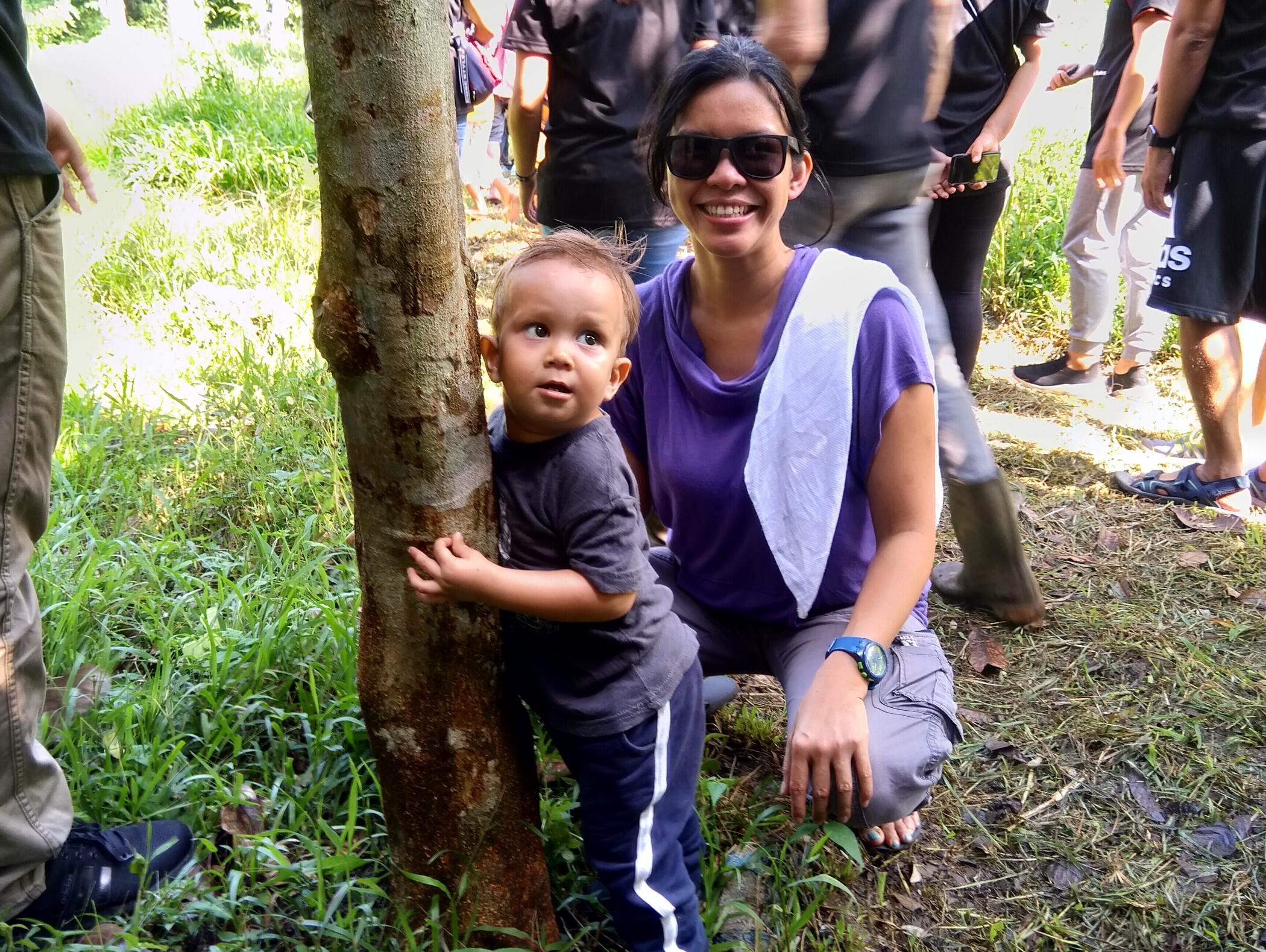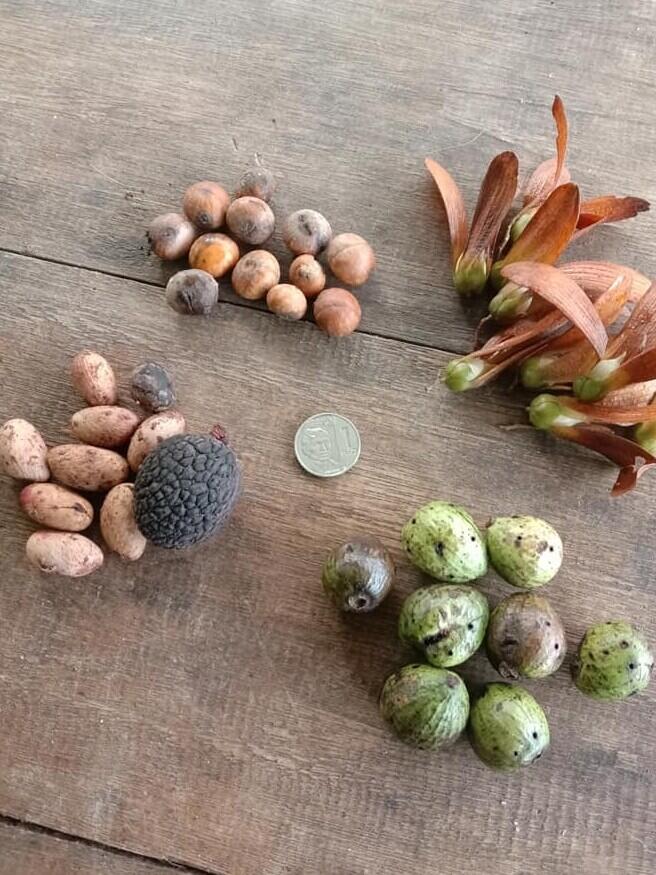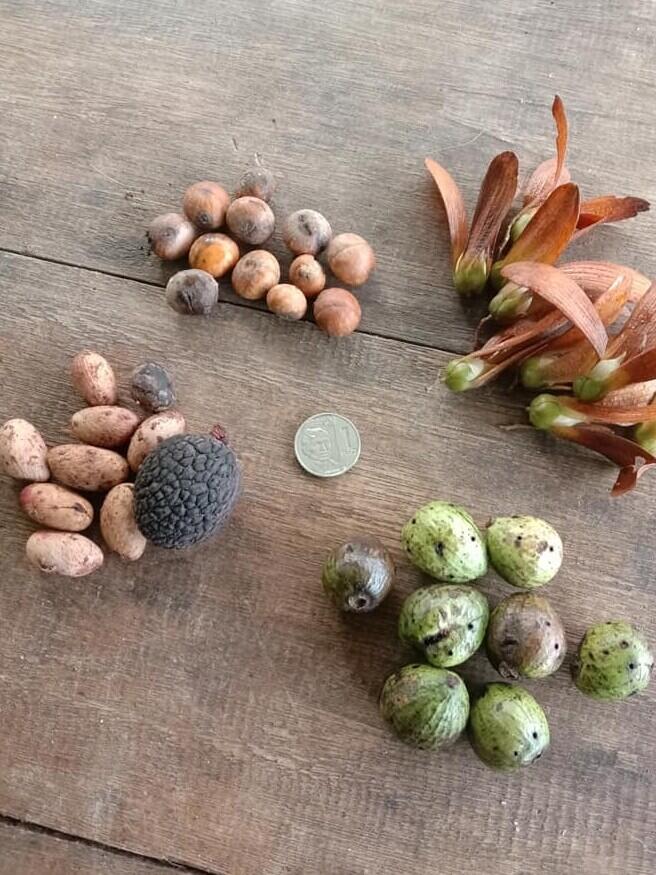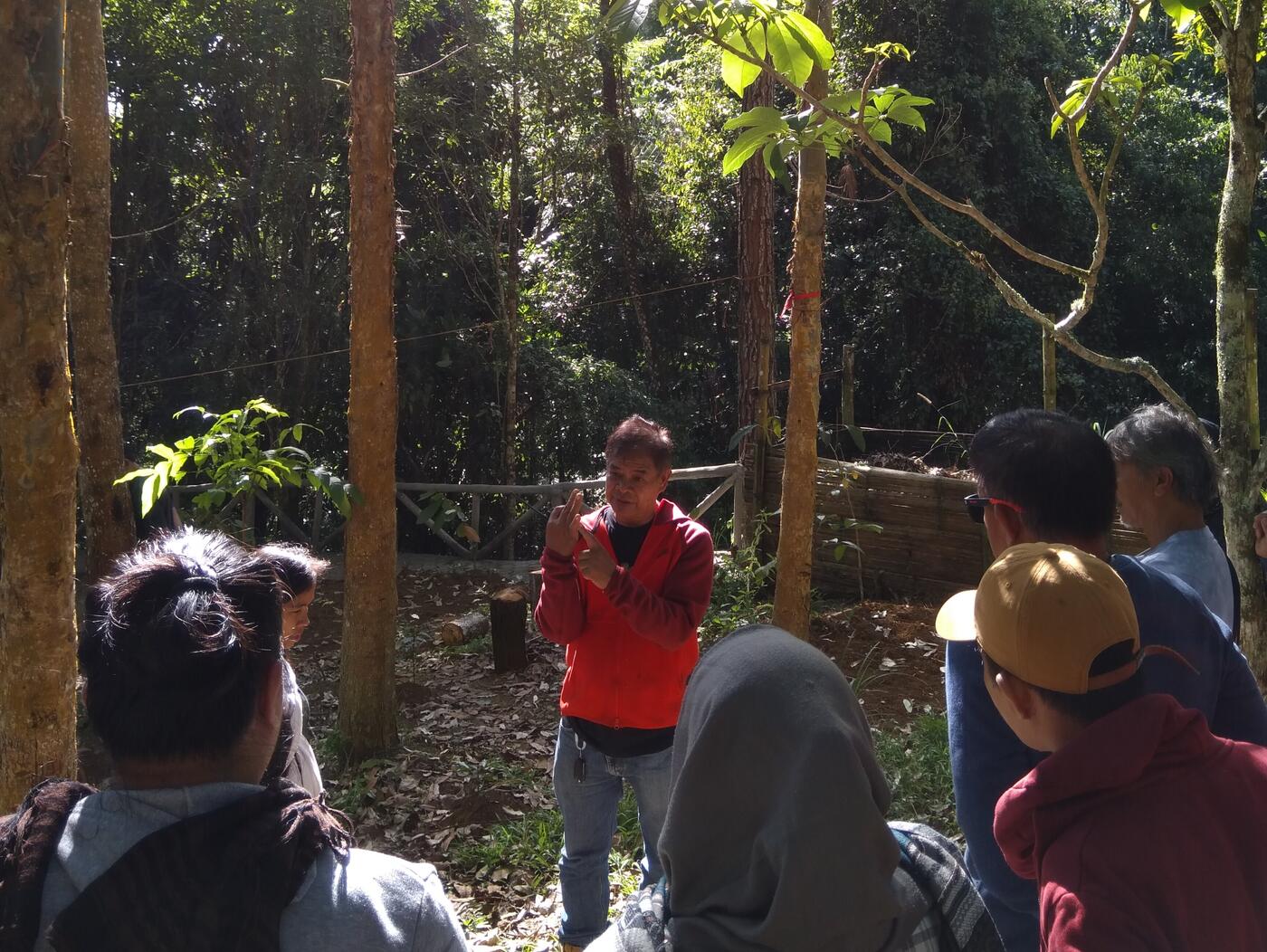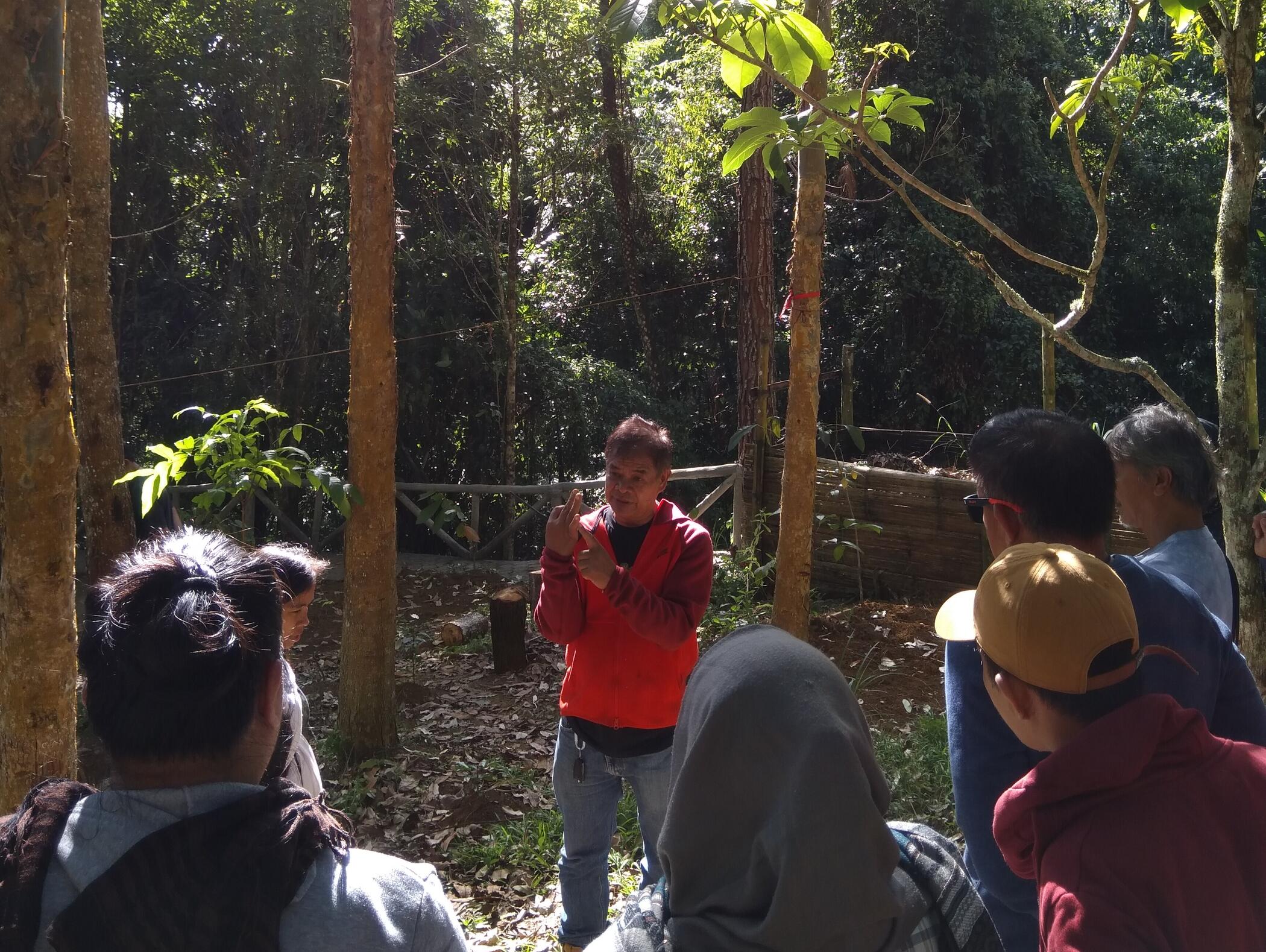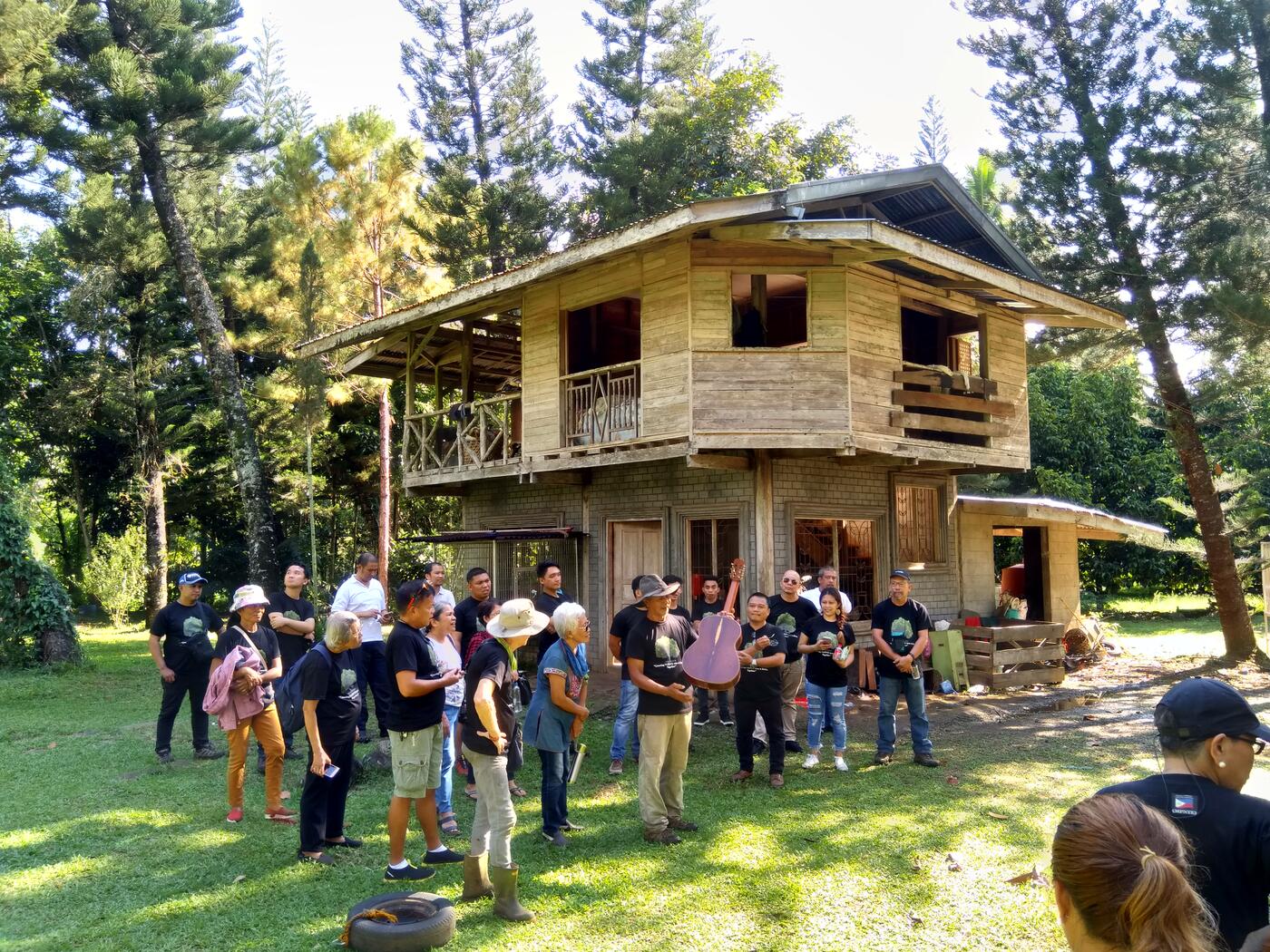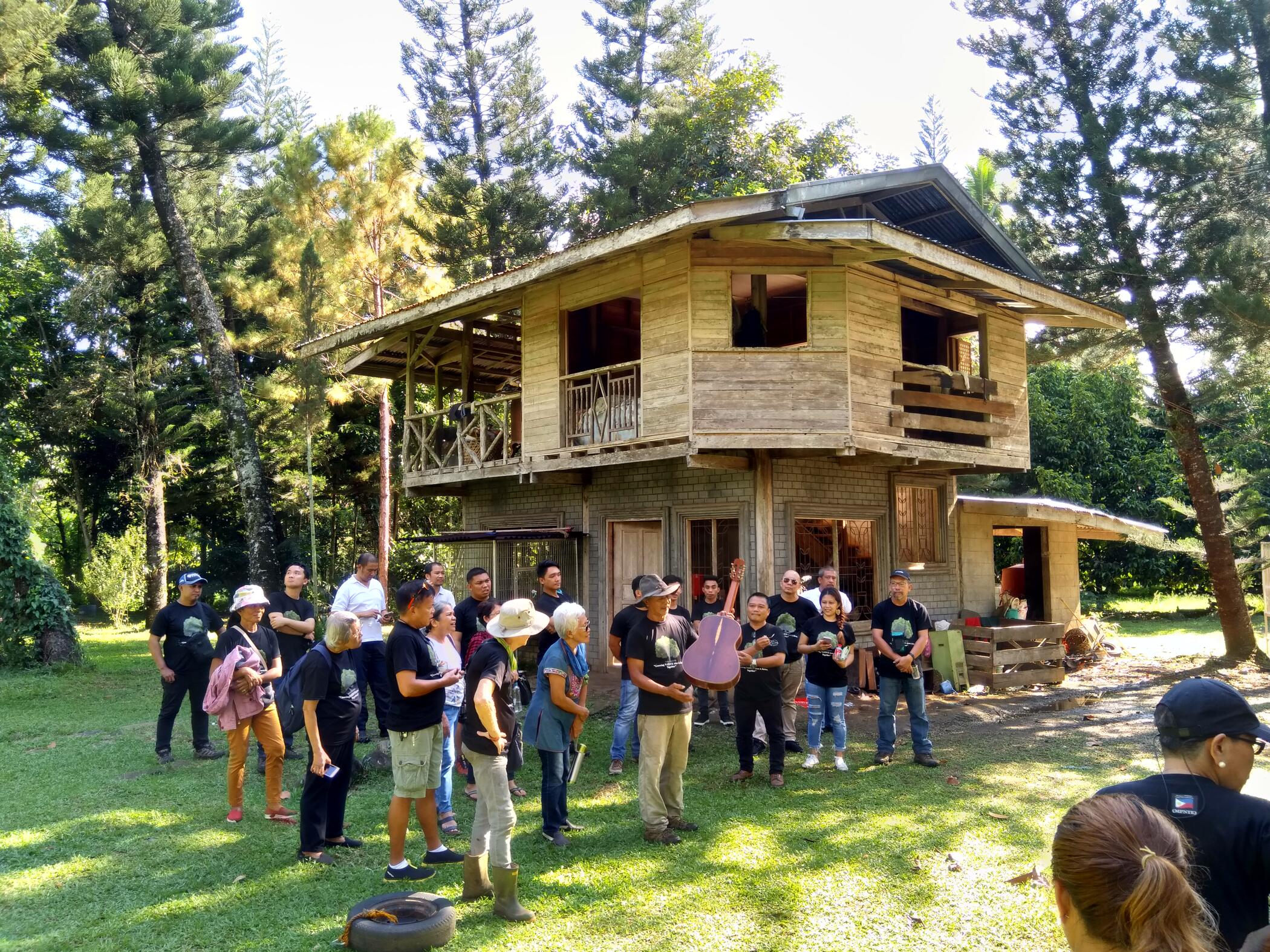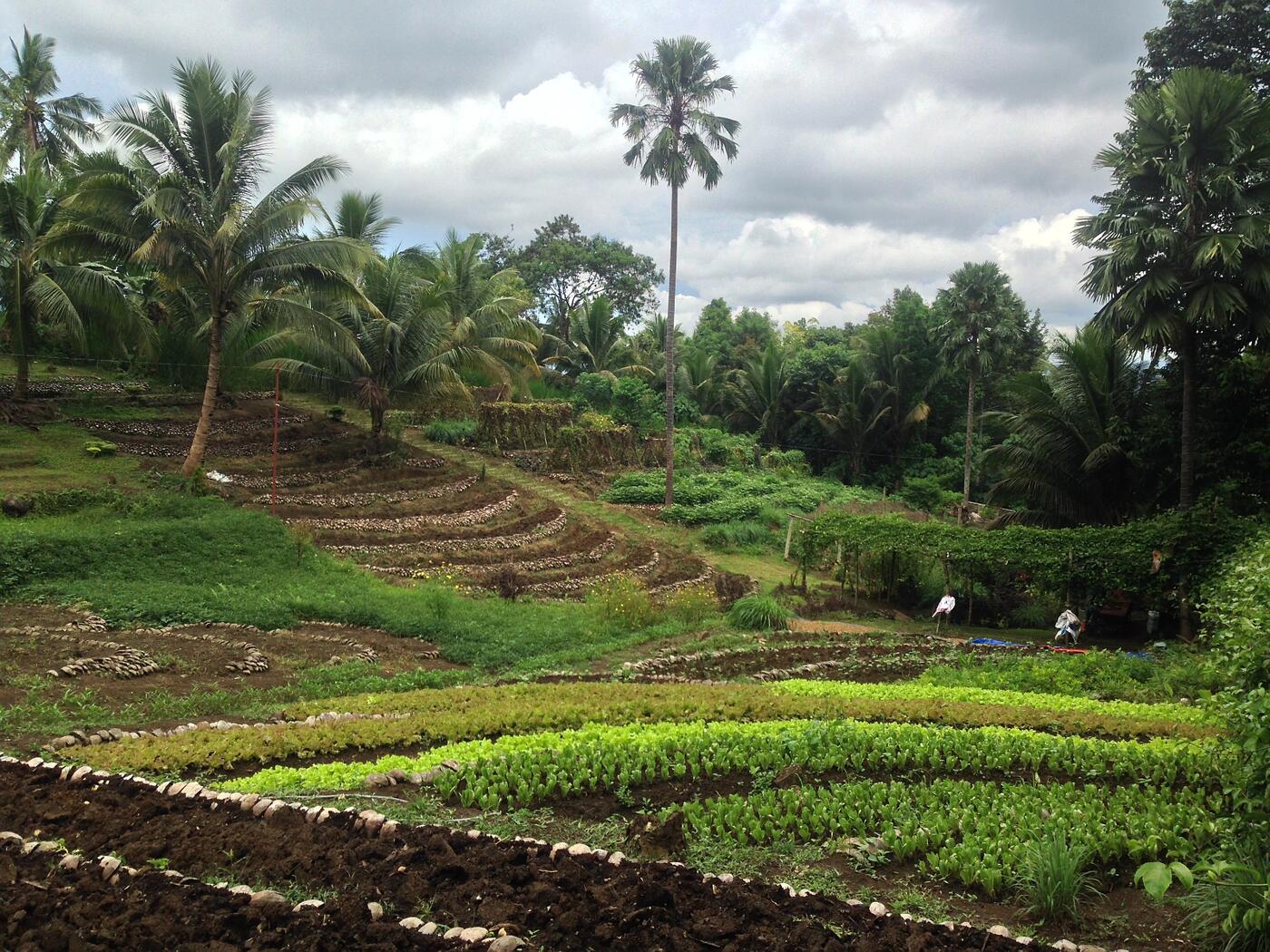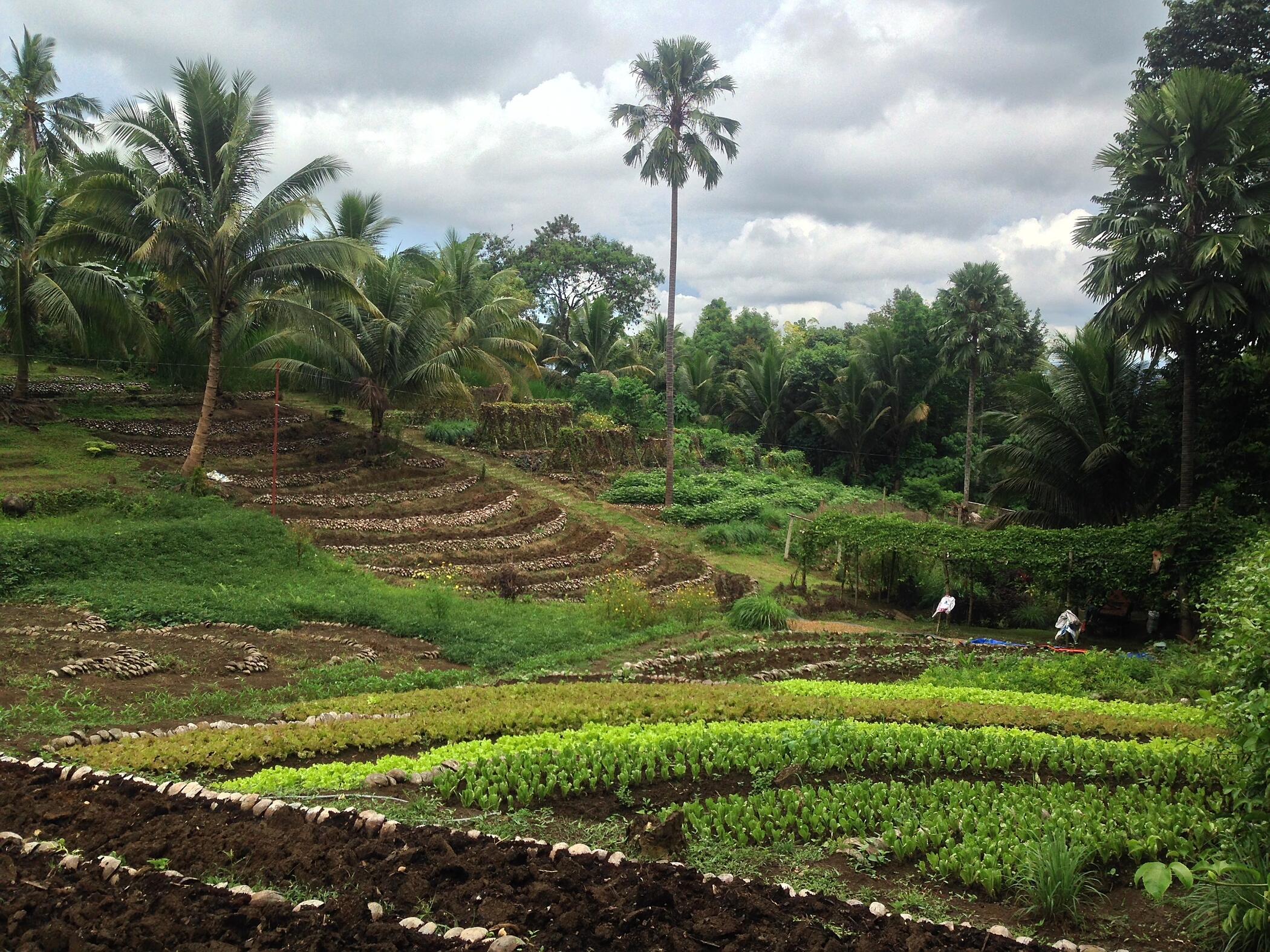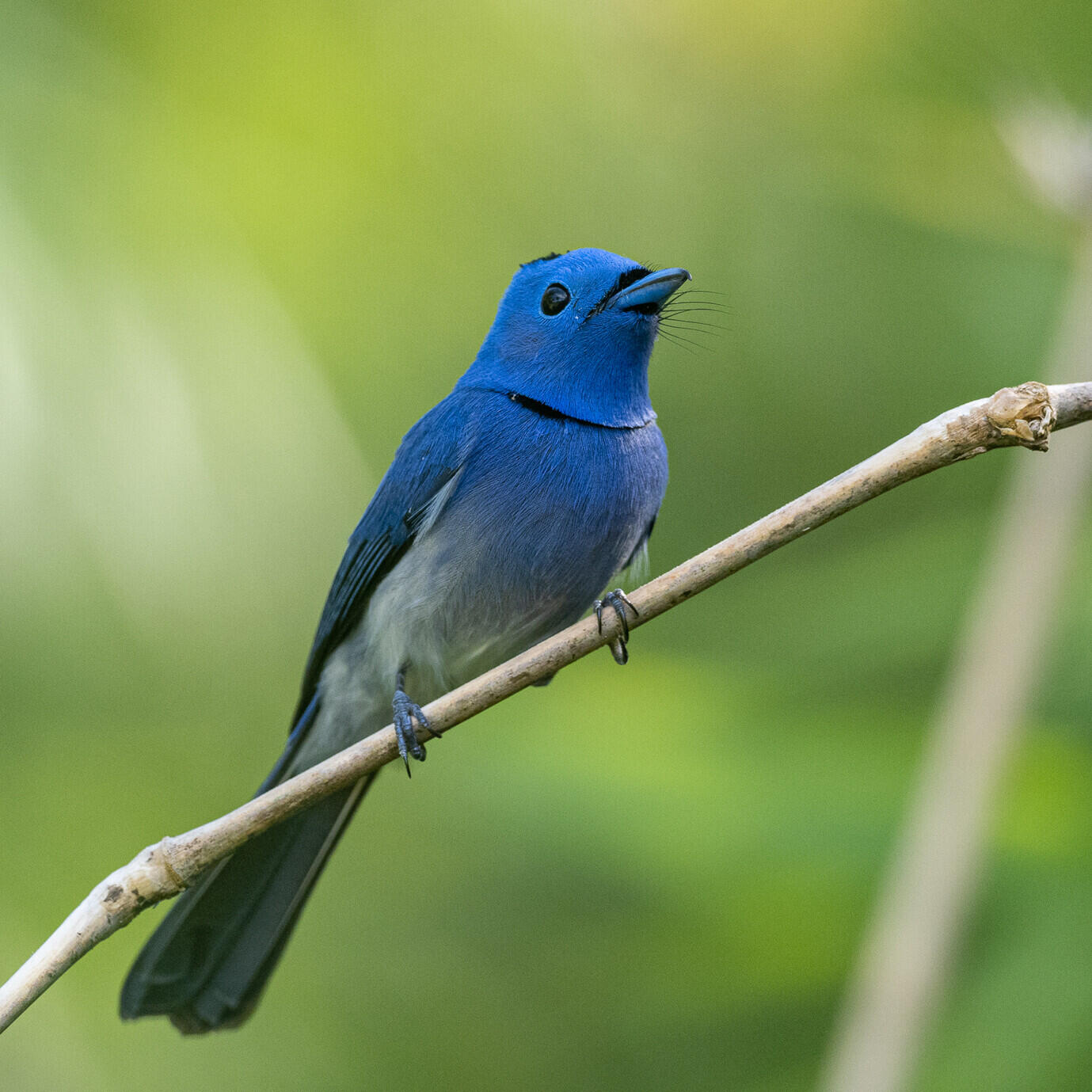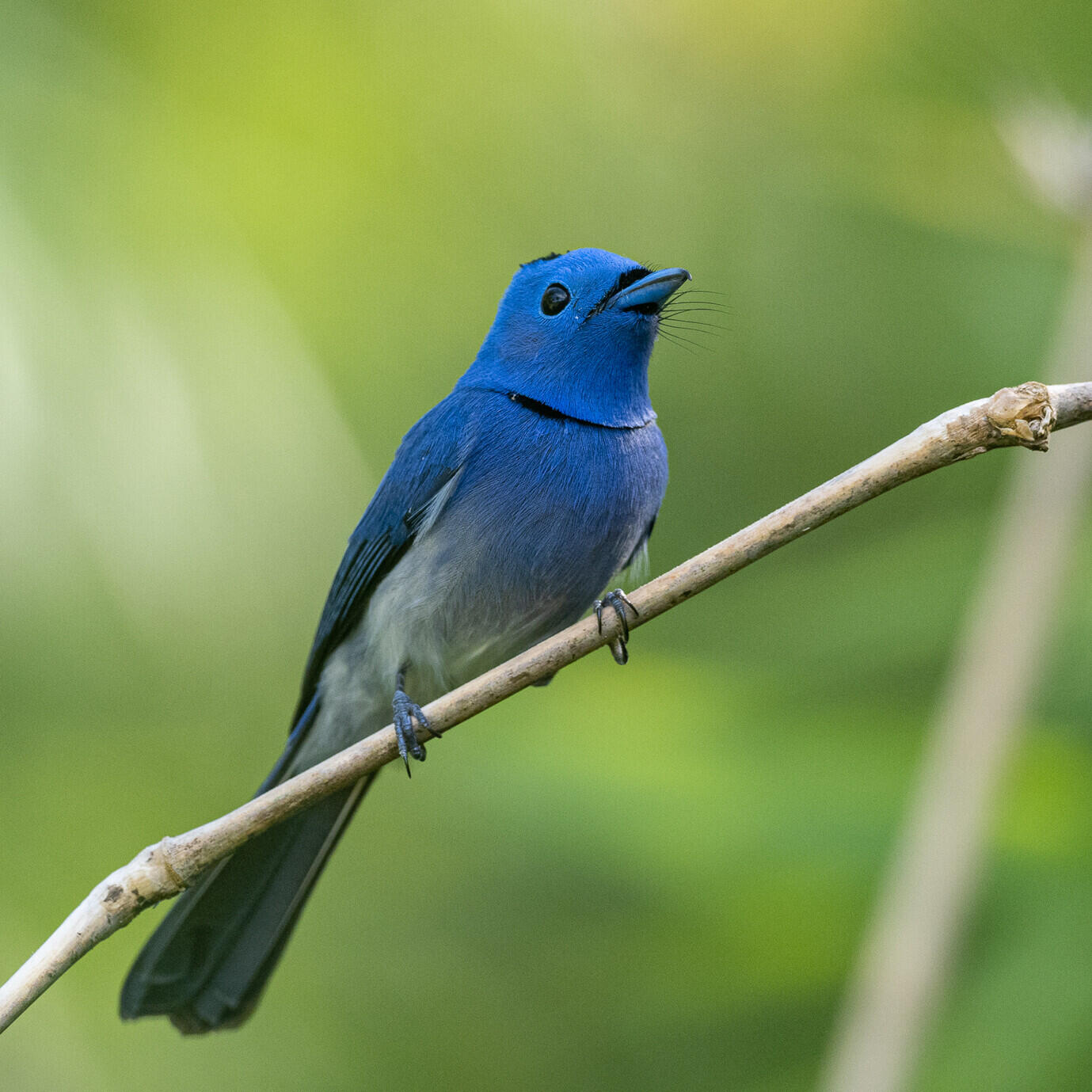About SONATA
SONATA is a non-profit organization that helps individuals, communities and organizations to protect, plant and propagate native trees.
SONATA is short for Society of Native Tree Advocates. Members of SONATA come from all walks of life, including agroforestry, farming, renewable energy, natural resource management, government, legal affairs and many more.
What connects us is our love for being out there with the trees. We love planting them, we love talking about them, and yes, we love hugging them too, occasionally.
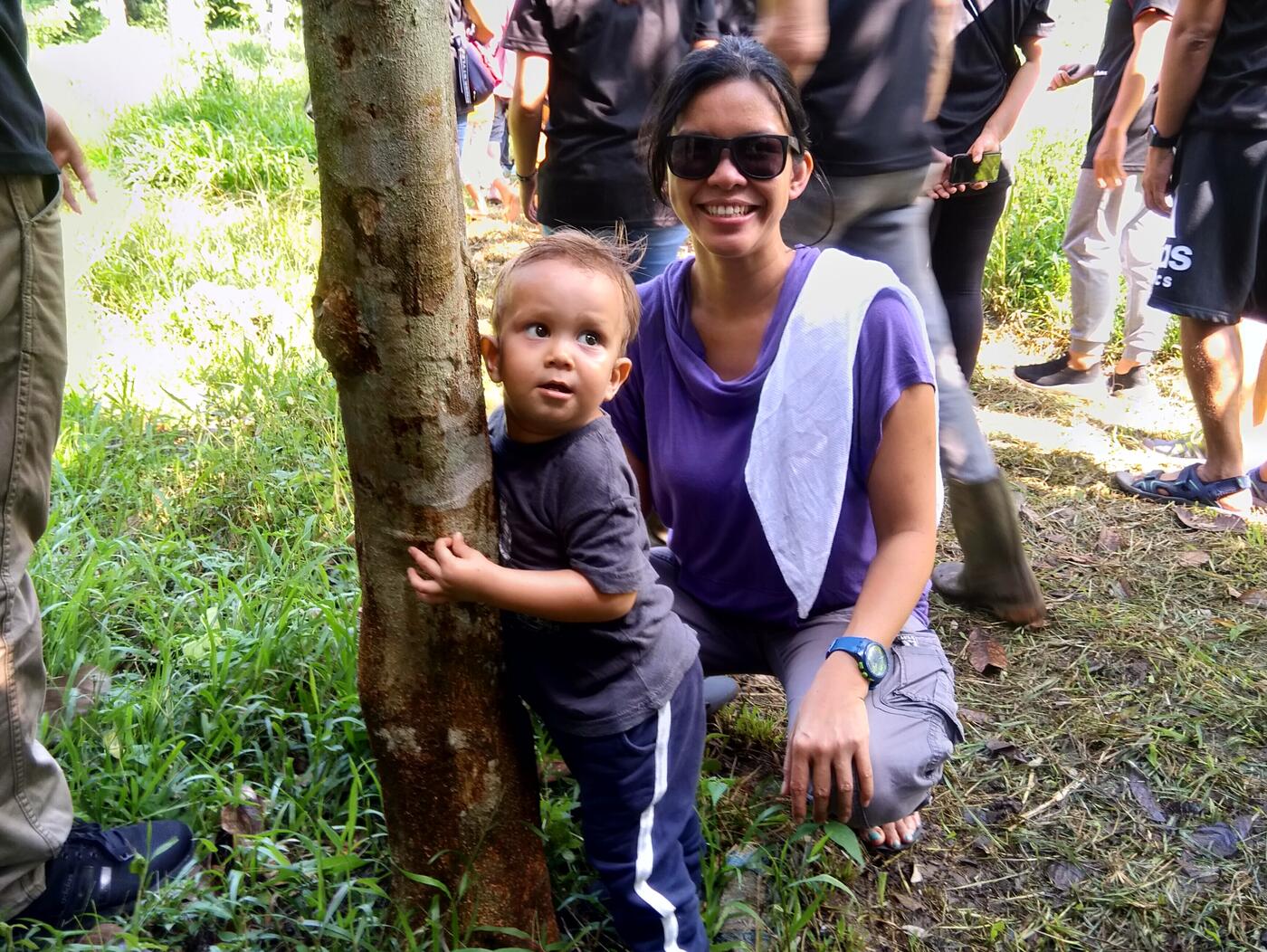
Saving and sharing seeds
Most people nowadays agree that we need to plant more trees. But what is often overlooked, is that these trees need to come from somewhere. They need to be grown from seed, or collected from the forest as wildlings.
And for tree planting projects to succeed, it's important to plant trees that are suitable for the intended habitat and existing wildlife. In short: native trees. So in order to provide tree planting projects with native seedlings, first there needs to be a culture of seed saving, sharing and propagation.
Sonata was born out of this culture. Our members are actively exchanging seeds and seedlings, together with knowledge about the various native species.
Seed and seedling exchangeSharing knowledge
Our combined knowledge, network and experience can help to steer a reforestation or regeneration project in the right direction. We can advice on which species to plant (and how, and where), connect you to nurseries and inspire local communities to rise up as forest guardians.
Ask us anything SONATA activitiesLiving examples
We generally don't like to tell other people what to do. Instead, we try to make a difference in our own lives, through our own (forest) gardens. Teach by example. Approach any member of SONATA, and he or she would probably love to take you for a walk along "their" trees!
SONATA's advocatesSustainable food production
When we think about food production, we quickly think: farming. We picture a field with soil, where we plant seeds (often of the same crop), which then need sunlight and irrigation in order to grow. The crops need fertilization and pest control. Maybe specialized machinery. And a lot of hard work.
This image of farming, of agriculture, is deeply rooted in our memories... But where are the trees?!
Continue readingPromoting biodiversity
Native trees are at the heart of this society. But in nature, a forest is obviously much more than just a bunch of trees making tambay together. A native forest is abundant with life of all kinds, so it wouldn't make sense for us to focus on trees alone.
Trees work together with beetles, birds and all kinds of other creatures. Trees provide them with food and shelter, and in return they get free pest control, pruning and pollination services, help with spreading seeds, and so on... These symbiotic relationships form the fabric of life on Earth. Without them, there would be no us.
More on iNaturalistIndigenous wisdom and culture
Like native trees, native culture and knowledge are also being lost at an unprecedented rate, due to our modern, extractive ways of living. Capitalism has become the equivalent of a monoculture, wiping out other cultures by seducing people into individualistic, consumerist lifestyles.
Now more than ever, we need to listen to the voices of old, that carry stories of a time where people where still living as part of nature. So next to saving and planting native trees, we should seek out the last remaining story tellers, listen to their stories and pass them on to younger generations.
Local resilience
Protection against natural disasters (mangroves, rattan, preventing soil erosion, etc). Relying less on external support (government money, foreign aid, commercial seeds, etc).
Zero waste
In a healthy forest, nothing is wasted. Every "waste" product is the energy source of something else. This connects to Permaculture again.
